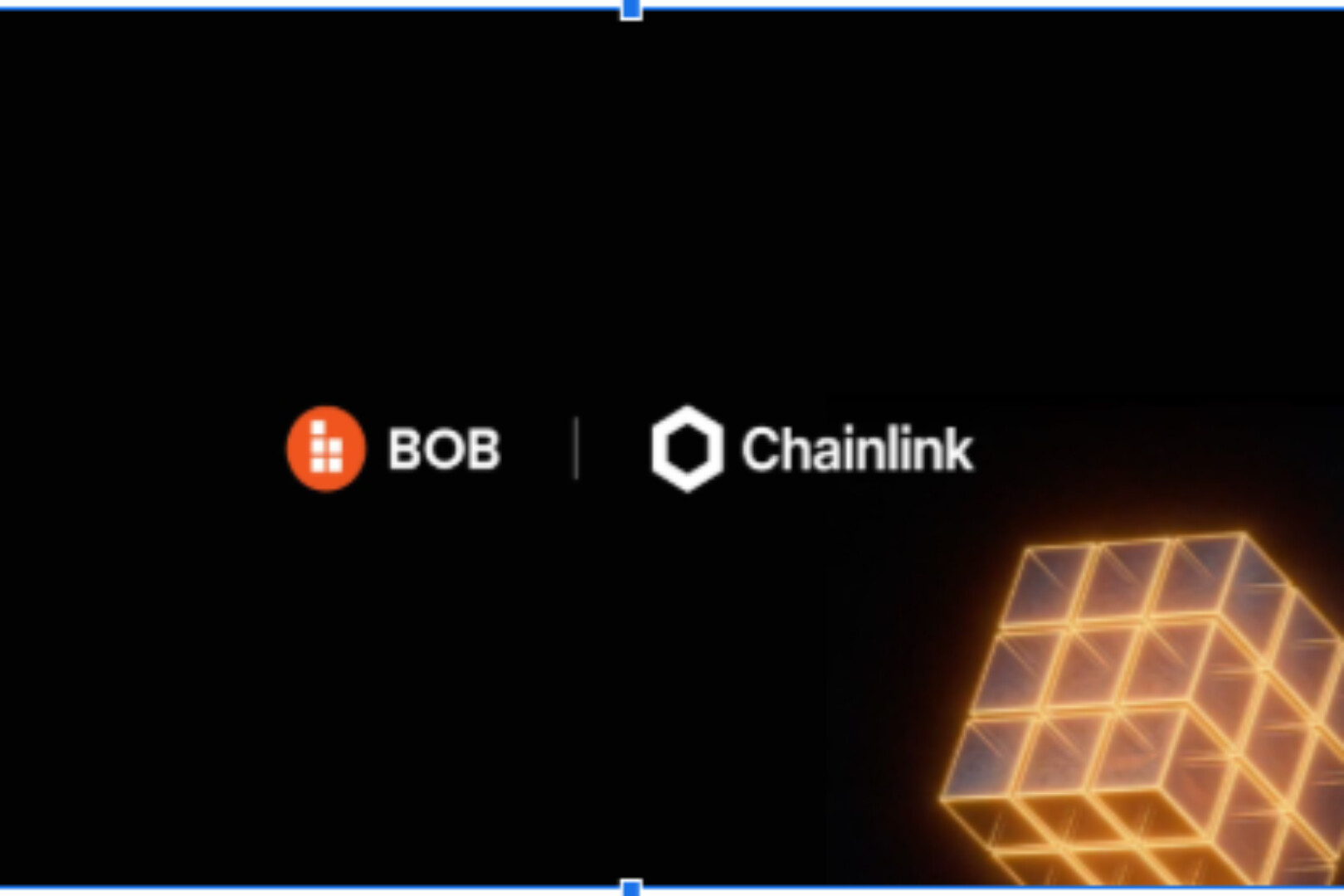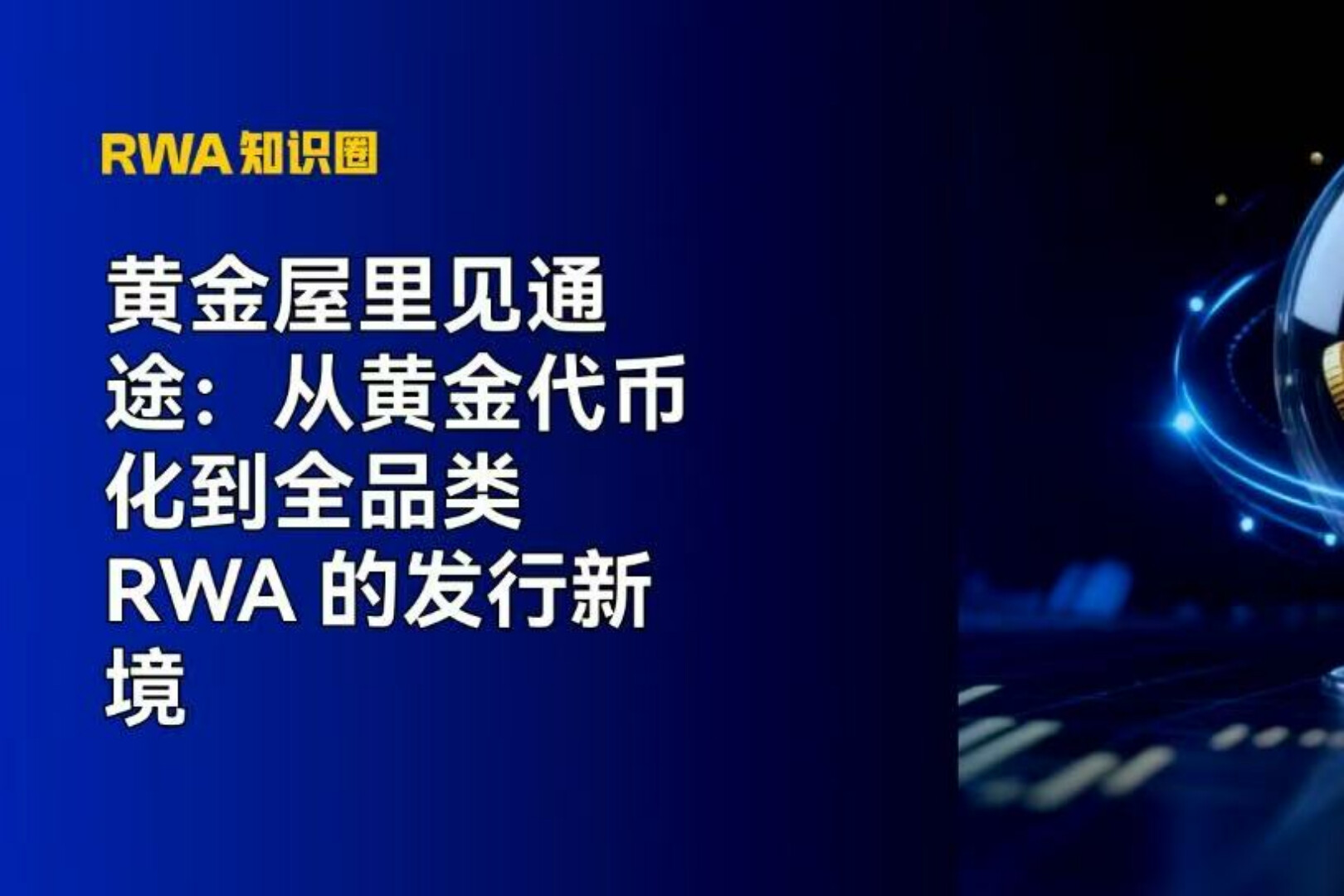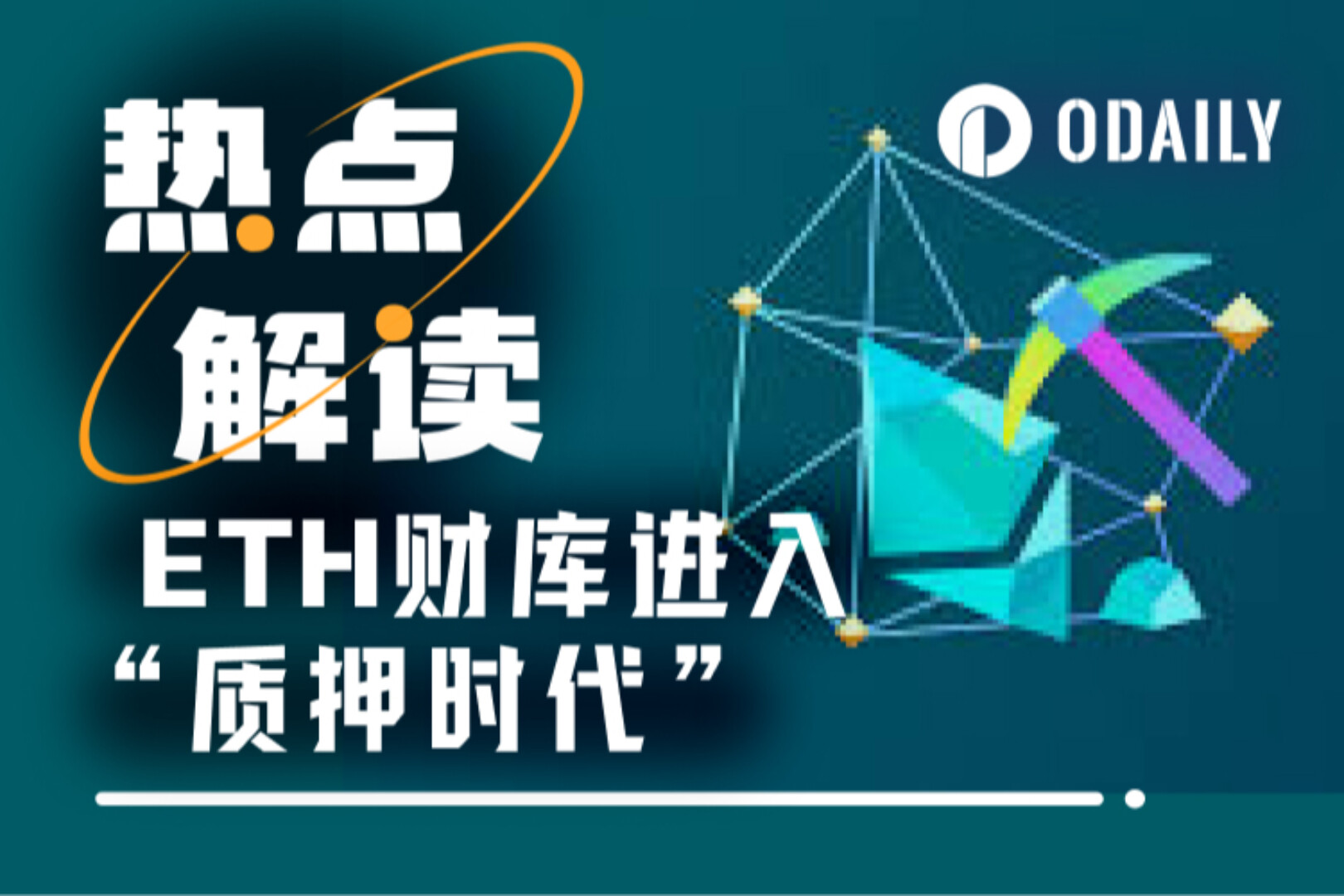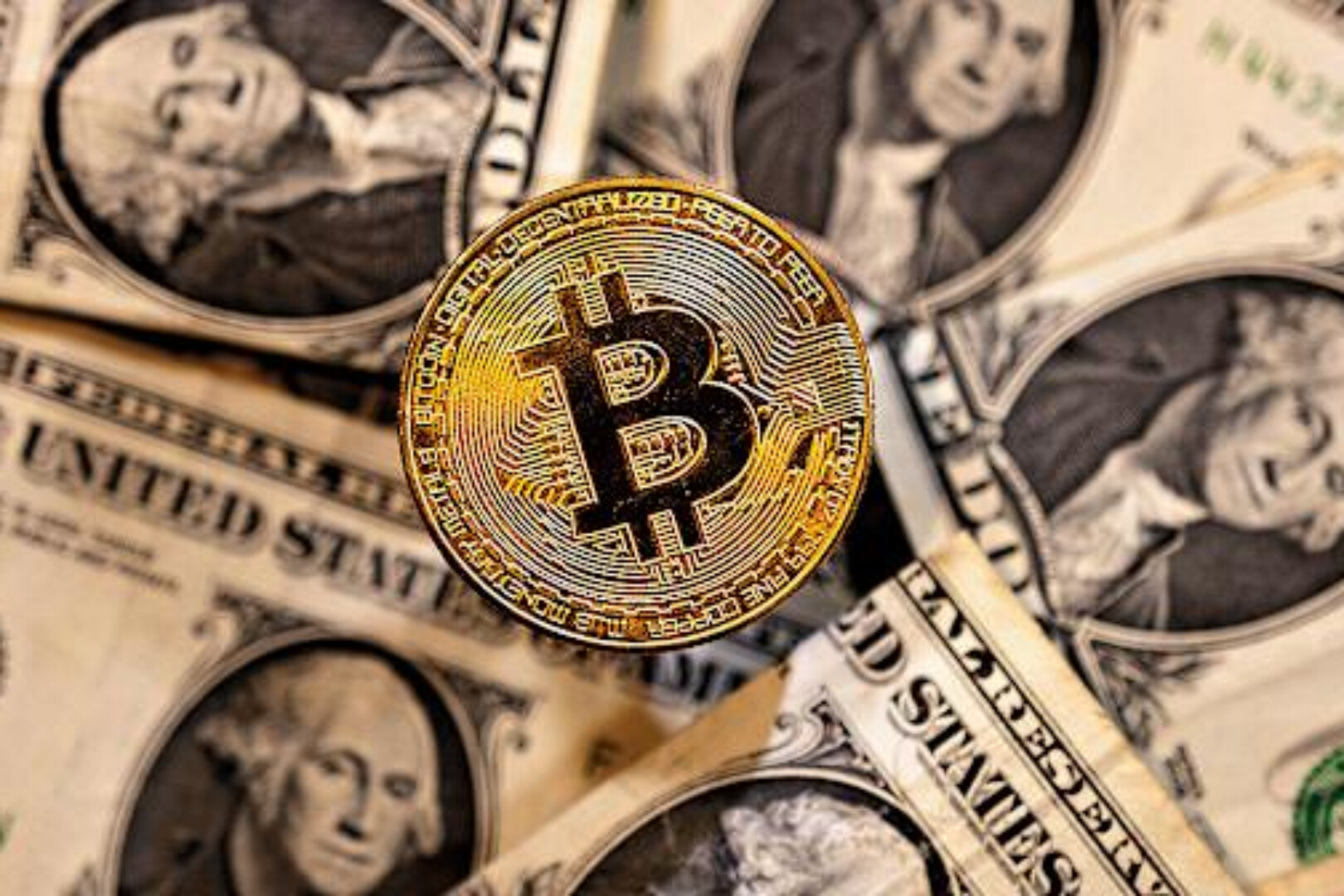Original author: Jade, Foresight News
Original editor: halou.eth, Foresight News
With more than 300 exhibitors, more than 200 side events, and tens of thousands of attendees from all over the world...TOKEN 2049 may be the largest Web3 event this year.
People gather at Singapores iconic Marina Bay Sands hotel, rubbing shoulders and socializing. But outside the wall, on the streets of Singapore, people were commuting to and from get off work as usual. In the Web3 center of Asia, the concentration of Web3 on the streets approaches 0.
After landing in Singapore, Foresight News randomly interviewed seven local Singaporeans. Two said they had purchased cryptocurrency, while most said they did not understand it. Three of them thought it was a Scam.
In fact, as of January 2022, Singapore has banned cryptocurrency projects from promoting their products to local residents. Web3 has long been completely blocked in promotion areas such as websites, broadcasts, and display boards. Correspondingly, in April this year, during the Web3 Carnival in Hong Kong, Web3 advertisements were posted on the streets and buses.
Another obvious point of contrast is that compared to Hong Kong SAR Chief Executive Lee Ka-chiu and Financial Secretary Paul Chan Mo-pos enthusiasm for embracing Web3, Singaporean officials almost no one showed up at TOKEN 2049 events and rarely gave relevant interviews.
During TOKEN 2049, many Hong Kong parliamentarians (Ng Kit-chuang), government officials (Leung Han-jing) and university presidents (Wang Yang) came to support. However, Singapore, as the host, did not have any political officials or academic leaders present. .
They have never appeared. To the Monetary Authority of Singapore, the TOKEN 2049 event represents speculation. Li Guoquan, a professor at Singapores Singapore University of Social Sciences, said that this is not surprising. TOKEN 2049 has not captured the focus of Web3.
Singapore held many conferences at the same time, such as the Global Biomedical Summit, Milken, Forbes Global CEO Conference, SuperReturn, and many other traditional financial conferences, and they were all conferences that both the political and business circles actively participated in...TOKEN 2049 is among them too It’s a smaller piece,” said Cobo COO Lily Z. King.
For crypto practitioners, TOKEN 2049 is big, but for Singapore, TOKEN 2049 is small.
In deep bear, restrained Singapore
Over the past year, Singapore has become somewhat raw about Web3.
It doesnt want to miss out on new technologies, but it also deliberately keeps a certain distance. Compared with the close relationship between Hong Kong and Web3, Singapore and Web3 have shown a kind of friendship that still wants to keep a distance after the ambiguity has passed.
Singapore likes innovation and experimentation by large institutions. After the FTX incident, Singapore is not willing to let its people and investors gamble on currency prices, but they are very active in promoting blockchain technology, and in many places , their ideas and what they want to do are very cutting-edge and open-minded,” said Lily.
For example, this year I went to Switzerland with the MAS (Monetary Authority of Singapore) and participated in the PointZero Summit with the Swiss Monetary Authority and the Monetary Authority of Singapore. At the summit, they included Circle and Paxos as one side, and the other side was a traditional bank. They held debates and let the two sides discuss cutting-edge topics such as why do we need stablecoins or tokenized deposits, while officials from the Monetary Authority commented on the judges doing the debates next to them.”
Singapores regulators will be concerned about the practical application cases of the combination of Grab (equivalent to Didi abroad) and stablecoins in economic life. Lily added.
However, Singapore’s openness to cryptocurrency is extremely restrained and seems to be limited to technology and large institutions. In the wider field, Singapore has given people a reserved welcome.
Singapores regulatory attitude towards Web3 is just as the interviewee often quoted two sentences when interviewed by Foresight News.
First, Ravi Menon, managing director of the Monetary Authority of Singapore, said in November last year, Singapore wants to be a center for digital assets, but it does not want to be a center for speculating on cryptocurrencies.
Another is Singapore’s Deputy Prime Minister and Finance Minister Lawrence Wong’s speech in November, “Singapore does not plan to become a hub for cryptocurrency activities, but to become an innovative and responsible digital asset participant.”
Both of these statements occurred after the famous FTX thunderstorm incident. When TOKEN 2049 was held last year, FTX founder Sam Bankman-Fried was at the forefront of the guests, enjoying great fame.
Just one month later, the $32 billion financial empire collapsed. According to statistics, at least 4.2% of Singaporean users have used FTX and been affected by thunderstorms. Singapores state-owned investment company Temasek has also been held accountable for investing US$275 million in FTX, and the salaries of the companys executives and related teams have been cut.
This year, the tide in Hong Kong rose, but the Lion City was no longer noisy.
FinTech deal activity in Singapore fell for the first time in five years, according to FinTech Global Research. Among them, there were 84 Singaporean financial technology transaction activities in the first half of 2023, a decrease of 27% compared with the first half of 2022.
Some people say that the FTX thunderstorm has caused a sharp turn in Singapores attitude towards Web3. Is this true? What has Singapore been doing this year?
This year, apart from the HKMA’s repeated calls to reject speculation, Singapore has not taken many overt actions. On August 15, the Monetary Authority announced the final regulatory framework for stablecoins, which means that Singapore became one of the first jurisdictions in the world to incorporate stablecoins into the local regulatory system.
On September 4, the Monetary Authority announced that it would launch a series of regulatory measures at the end of the year. By then, Singapore will have one of the most stringent regulatory systems in the world to supervise the use of cryptocurrency in the retail industry.
While strengthening retail supervision, the Hong Kong Monetary Authority has also allocated funds to support it. The Monetary Authority announced in August that it would invest S$150 million in emerging technology projects such as Web3 over the next three years. The MAS is calling for the use of Web3 innovations in industry use cases and will provide grant funding to support practical trials and commercialization.
This is not contradictory. Singapores regulation of cryptocurrency retail has never been relaxed. Adric, head of market at dtcpay, told Foresight News. Currently, a total of 11 institutions in Singapore have obtained digital payment token (DPT) licenses, and Singapore’s encrypted payment provider dtcpay is one of them. “The government prefers to promote the use of virtual currencies for payments, rather than encouraging everyone to make transactions.”
In fact, Singapores attitude towards Web3 has never made a sharp turn, but after the FTX thunderstorm, supervision shifted its focus from anti-money laundering and counter-terrorism financing to investor protection at the retail end.
The founder, Alice Liu, previously served as the managing director of China Minsheng Bank. Later, she decided to create dtcpay while studying for an EMBA at the National University of Singapore in 2019. dtcpay aims to develop crypto payment channels in the Singapore market and provide regulated cryptocurrency payments for institutions and retail. dtcpay told Foresight News that the number of users has increased by 200% since January, and transaction volume has also increased by 4 times.
Anson, head of compliance at dtcpay, said that compliance does require funds. Data such as transaction volume must be provided to MAS every month, and external audits must be conducted annually.
We have been here for a long time and will communicate with banks and other financial institutions here. They are all licensed. In fact, some have already issued stablecoins and cards. Its just that these institutions are more traditional. We You can’t reach them through TOKEN 2049. These institutions are not in the same circle as the Web3 project, and they are relatively practical.” Evervision founder Xiong Wei moved to Singapore in May last year and established the Arweave Asia Ecological Conference here.
Singapores implementation is actually very good. As early as May, digital asset payment infrastructure StraitsX launched the Singapore dollar stable currency XSGD on Hedra. In September, DCS Card Center (DCS), a financial institution with a license to issue credit cards and consumer cards in Singapore, announced the launch of its payment token DCS Tokens (DUS). A few days ago, Grab, known as Southeast Asias Didi, launched a Web3 wallet based on the Polygon public chain, allowing users to store and manage digital assets.
Under this demand, payment-related projects that support fiat currency deposits and withdrawals have become relatively popular. There were also many projects providing payment solutions in the booth at the main venue of TOKEN 2049.

Foresight News filmed onsite at TOKEN 2049
In contrast, exchanges that rely on the retail side have encountered difficulties in settling in Singapore. Binance withdrew its application for a Singapore license at the end of 2021, and was later revealed in March this year that it planned to reapply, but its target changed from retail customers to corporate customers.
Cost is very important for Web3 projects. Centralized exchanges will definitely flow to low-cost countries, but for pure outsourcer projects, it doesnt matter at all. Compliance and non-compliance themselves are driving effect operations. The direction of exchanges is also It does not mean that it is the development of Web3. Xiong Wei told Foresight News, In fact, to put it bluntly, the Hong Kong Monetary Authority cant control these. He will control whatever areas Singapore studies. He will not touch anything that has not been studied.
Fighting for Web3 capital? Singapore is not in a hurry
KPMG’s FinTech Pulse Report for the First Half of 2023 mentions that as scrutiny of the cryptocurrency industry tightens in the United States, other jurisdictions, including Singapore and Japan, are becoming more attractive to investors and startups getting bigger. Singapore in particular is seen as a strong first mover as it has already enacted relevant regulations, including the Payment Services Act and the Digital Token Payments Act, and is planning to issue regulations related to stablecoin issuance.
The report also mentioned that many jurisdictions in the Asia-Pacific region are committed to becoming global crypto asset hubs. Among them, Singapore has taken the lead in this field. In addition to Singapore, Japan and Hong Kong have also taken a series of initiatives to build a strong crypto-asset ecosystem.
Lan, co-founder of NFT market and aggregator Alienswap, told Foresight News that he stayed in Japan after leaving China last year. After TOKEN 2049 this time, he decided to move to Singapore and consider setting up a company body in Singapore next year.
When we first started going overseas, we considered three places: Singapore, Hong Kong, and Japan. Although the cost of living in Japan is 30% lower than in Singapore, and IT-related businesses are relatively open. But communicating in Japanese is a problem. On the other hand, the current project management in Japan has not reformed, so everyone still comes to Singapore as a group, and the communication cost in Singapore is very low. Lan is looking forward to coming to Singapore.
I found that after last years conference, many investment institutions still moved to Singapore one after another, which I did not expect. It is also because it is so bearish now. From 2021 to 2022, Singapore has actually supported many start-up companies. This year Singapores overall policy is indeed not as open as it will be in 2022. However, the support VCs receive in Singapore is actually pretty good. There are policies that allow them to go through the procedures and establish companies locally more conveniently. As far as I know, if you want to get it in Hong Kong now, The cost of a license is actually very high. Lan saw that even in a bear market, Singapore still provided a lot of support.
In terms of comparison of regulatory requirements in Hong Kong and Singapore, many senior practitioners told Foresight News that Hong Kong is more stringent. When we compared the custody requirements of the Singapore Payment Service License with the custody requirements of the Hong Kong Virtual Asset Trading Platform License, we found that the latter has relatively stricter regulations. said Liu Jia, founder of dtcpay.
Cobo provides white label solutions for several companies applying for Hong Kong licenses. COO Lily Z. King said that Hong Kong is indeed stricter than Singapore in terms of the exchange’s custody capacity requirements and the ratio of hot and cold wallets.
Xiong Wei has settled in Singapore. He is very optimistic about Singapores regulatory path, especially compared to Hong Kong, which has opened up retail trading. Hong Kong is a little anxious. Officials are calling for orders too much. If things go wrong, there may be some big loopholes. Evervision does not plan to develop business in Hong Kong. Now that supervision is relatively low, there will be many plate-type projects mixed in and advertised on the street.
Xiong Wei’s concerns about Hong Kong are not unreasonable.
On September 13, the exchange JPEX was exposed to have laundered more than 190 million USDT. The Hong Kong Securities and Futures Commission (SFC) named it and warned it for promoting services and products to the Hong Kong public without being licensed. JPEX still had a booth at TOKEN 2049 this year. After the incident was exposed, JPEX immediately cleared the booth and staged a live run.
Judging from the business development situation, the retail business transaction volume of Hashkey Exchange, which has obtained a license in Hong Kong, is very unsatisfactory. What I learned is that KYC is too strict. Xiong Wei said.
Singapore and Hong Kong are actually complementary. If you want to empower the government and build infrastructure, you come to Singapore. If you want to develop retail cryptocurrency, you go to Hong Kong. Li Guoquan said, The only competition between the two places is Only talent.
But talent is also to stimulate consumption. In the past, Singapore needed to attract a lot of talent, but now it is full. If it continues, housing prices and consumption will be too high. Hong Kong wants to attract as many as 300,000 people, but it doesnt need more. .So now there is no competition between Singapore and Hong Kong. There are already too many talents in Singapore. Talents stay in Hong Kong for 6 months and in Singapore for 6 months. I think that is good.
For companies, every company that truly has an international status must have a license in Singapore and Hong Kong. I think the final pattern is that each region has its own local exchange, but four or five in each country are enough. The others are decentralized exchanges and other Web3 projects that empower the government.
TOKEN 2049 Blindfold carnival, Singapore watched with cold eyes
TOKEN 2049 is held one year apart, and the crypto market has gone from bull tail to deep bear, and almost everyone is extremely certain that the bull market will come with the Bitcoin halving next year.
The mood was better last year, when the bull market hadnt ended long ago. This year I invited some domestic OGs, but none of them came. However, the internationalization of this years event is better. This time, I can also see intuitively that the maturity of European and American project parties is as good as The maturity of our Chinese projects is completely different. At the Arweave Ecological Conference, which has been held for two consecutive years in TOKEN 2049, Xiong Wei felt that the atmosphere was completely different.
Moreover, with the continuous actions of SEC supervision this year, more European and American resources have been transferred to Singapore, and the gap between projects is very intuitive. Project parties in Europe and the United States tend to go to meetings and talk about technology, but here we mainly look at beautiful women. Xiong Wei sighed, Not even a little bit different.
Although TOKEN 2049 is crowded with people, not many people actually take action. Xiong Wei told Foresight News that compared with last year, VCs are obviously much tighter. A lot of investment institutions like Tencent came last year. After the FTX crash, they completely withdrew from Web3. Now there are also traditional investment institutions entering the market, but a new wave of people have changed.
Last year we looked at 1,000 projects and only invested in 9, which we couldnt invest in. Li Guoquan is not only a professor at Singapores Singapore University of Social Sciences, but also one of the founders of BlockAsset Ventures. In 2017 and 2018, There are a lot of people cutting leeks in the mainland, but the projects here in Singapore are very good, and the ideas are much better than now.
On TOKEN 2049, the most unavoidable topic is compliance and supervision. Many project parties regard concepts such as RWA bound to it as the next hot spot that will detonate the bear market.
But I have seen that many senior practitioners are beginning to reject the most noble spirit of Web3 itself - privacy protection. Everyone hopes to have more traffic and users, and to be compliant. But this will get further and further away from Web3, and also It will become more and more centralized. Li Guoquan emphasized, Satoshi Nakamotos white paper was released in 2008, and 50% of the content was about political economy. It was the time of the financial crisis, and Web3 was to change Wall Street, not become Wall Street.
From last year to this year, it was obvious that the path everyone was taking was to turn the encryption industry into another Wall Street. Now the entire financial market has fallen into a monopoly, but the essence of Web3 should not be a monopoly market. When most project parties put compliance As a way out, Li Guoquan said: Now we should cooperate with the government to empower the government, but not just subject to official supervision. The two points are different.
Now the government comes to regulate because it is disappointed with our industry. It feels that the industry has no self-discipline and everyone is speculating. But despite this, there are still many Web3 projects that are not regulated in Singapore. The Monetary Authority said that we must be responsible. The innovation of responsibility has a lot of regulations in Singapore. There are many projects in the sandbox that must be supervised. It also cooperates with us in the crypto circle. Last year, the Hong Kong Monetary Authority went to Africa to help African countries develop inclusive finance and inclusive finance. Education. These countries need our encryption industry.
Professor Li Guoquan worked in the quantitative finance industry from 1993 to 2012, and then returned to the school as a professor in 2012 until he reappeared this year.
As for the reason, Li Guoquan said that it was because he saw the combination of AI and blockchain and felt that the time was really coming. Foresight News noticed that when Professor Li Guoquan was being interviewed, the entire wall behind him was filled with books. It was the same when we were young. How do young people use quantification, financial technology, and cryptocurrency to make money? I think it is very good to have an entrepreneurial spirit. But at the same time, dont forget that what you do must be beneficial to society, environmentally friendly, and reduce Speculate, increase trade, and solve political and economic problems, but now I read many white papers and many business models, and they are not sensitive to economics and politics. They are only sensitive to supervision, and this level is much lower.
Li Guoquan also served as a member of the Financial Research Committee of the Hong Kong Monetary Authority. He shared the statement of the Hong Kong Monetary Authority when participating in the SUSS event this year, I hope that Web3 will not be used for speculation, but to solve the bottlenecks of human development, including trade.
Back to why the Hong Kong Monetary Authority did not participate in TOKEN 2049, Li Guoquan analyzed: TOKEN 2049 has not yet captured the key points of Web3. If it wants to become an activity subject to regulatory attention, it must be beneficial to environmental protection, or beneficial to trade, or beneficial to the general public. It is beneficial to finance. We do not want to be at a lower level and become part of the regulation, but to bring blockchain technology to every place. Only after TOKEN 2049 or Web3 changes its speculative image can we see to the emergence of regulatory agencies.”
There will be fewer and fewer people speculating in the future. Not everyone has to do compliance. 20% do compliance, 20% do anti-money laundering technology, 20% do inclusive finance, 20% do inclusive education, and 20% focus on Projects in cooperation with the government. This is a truly innovative industry.





